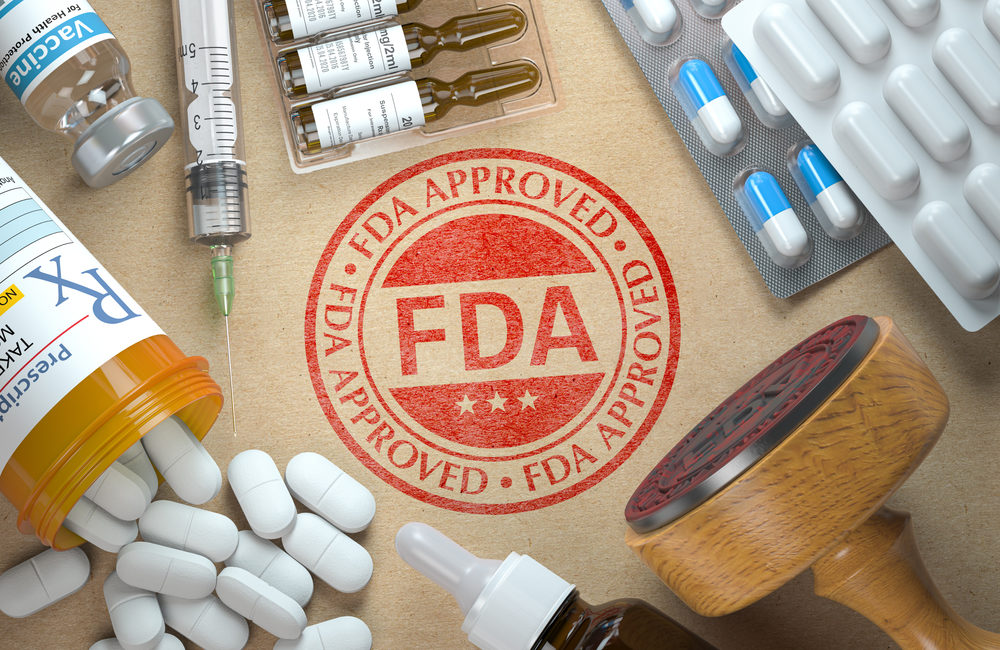The U.S. Food and Drug Administration (FDA) has halted inspections of drugs and medical devices manufactured overseas. According to the FDA, the decision is due to the spread of the novel coronavirus, COVID-19. First, the FDA pulled back inspections in China, but has since pulled back from other countries, including India.
Naturally, many consumers have concerns about what it means that the FDA is not inspecting pharmaceutical products and medical devices. At a time when contamination among many popular drugs is still making headlines, consumers are concerned that they may be at risk.
FDA Halts Overseas Inspections of Drugs and Medical Devices
In March 2020, the FDA released a statement that it was halting inspections of food, drugs and medical devices that are manufactured overseas. That means that the FDA will not be inspecting imports including:
- Food
- Drugs
- Tobacco
- Veterinary products
- Cosmetics
The FDA’s decision to halt inspections of pharmaceutical products is particularly alarming to many consumers. In the past year, consumers have received warnings about contamination and problems with drug imports.
Most notable are the Zantac recall and removal from the market, the FDA’s urging for Metformin to be recalled and the removal of Losartan blood pressure medication from the market. Each of these popular drugs have the risk of being contaminated with NDMA (N-Nitrosodimethylamine), a probable human carcinogen.
In addition to these drugs, several others have been recalled because of production area contamination in Chinese facilities. These recalls led to the FDA revamping certain procedures and oversight for overseas drug manufacturers and facilities.
Following the spread of the coronavirus in China, the FDA halted inspections of many products made there. China is the world’s largest source of raw ingredients for popular medications like ibuprofen, aspirin and penicillin. In India, which is the world’s largest manufacturer of generic drugs, the FDA will not conduct inspections like last year, which totaled more than 3,100.
Alternatives to Inspections
In lieu of inspections, the FDA will be doing physical sampling and will inspect some products at the United States border. Companies that have a history of poor compliance may be denied entry. Furthermore, FDA Commissioner Stephen Hahn says that the company will find alternative ways to inspect products. He says,
“This can include, among other things, evaluating records in lieu of conducting an onsite inspection on an interim basis when travel is not permissible, when appropriate.”
It is unclear how effective these alternatives will be. The FDA is already under scrutiny from Congress, which feels that the agency needs to exercise more oversight in facilities overseas. Congress started putting pressure on the FDA in 2008 when dozens of people died after consuming adulterated heparin. The heparin was made in a Chinese facility.
The FDA is confident in their plan for maintaining oversight.
FDA Concerns about Drug Shortages
With fewer or no inspections and COVID-19 interrupting manufacturing in places like China and India, the FDA seems to be a bit worried about possible drug shortages. The FDA says they are monitoring the drug supply in the U.S. They say that the U.S. may experience a shortage of certain drugs if the COVID-19 pandemic continues for many more months. They are not disclosing which drugs are in short supply.
When there are pharmaceutical shortages, there is the risk of counterfeit drugs and medical devices entering the market. Without inspections and oversight, how will U.S. consumers know that the drugs they consume are safe? Rosemary Gibson, an expert on drug supply says,
“the public needs assurance and transparency on what exact steps are being taken for every shipment of a prescription drug coming from China.”
The FDA is not saying when they expect to resume inspections, however Commissioner Hahn says he expects at least through April 2020. He also says that if serious issues warrant an inspection, an exception will be made.
Have Questions about Drug or Device Safety and Your Legal Rights?
If you regularly take pharmaceutical drugs or rely on a medical device to maintain good health, you likely have some concerns about your health and wellbeing. This concern is only natural. We all depend on agencies like the FDA to make sure that the products we buy, use or consume are safe.
As a consumer, you have the right to be concerned about your health. You also have the right to ask questions. If you have questions about a drug or medical device and your legal rights as a consumer, you can contact us at Drug and Device Watch. Our legal professionals can help you explore your legal rights.
If you are suffering an injury or illness due to a defective drug or medical device, you should certainly contact us right away. You may have an actionable claim and may be able to obtain compensation. Our team can help you find out your options. Call us for a free case evaluation at 1-888-458-6825. You can also reach us by email via our online form.
Sources:
- https://www.fda.gov/news-events/press-announcements/coronavirus-covid-19-update-fda-focuses-safety-regulated-products-while-scaling-back-domestic
- https://www.nytimes.com/2020/03/10/health/drug-inspections-fda-coronavirus.html
- https://www.med-technews.com/news/coronavirus-halts-fda-s-domestic-facility-inspections/
